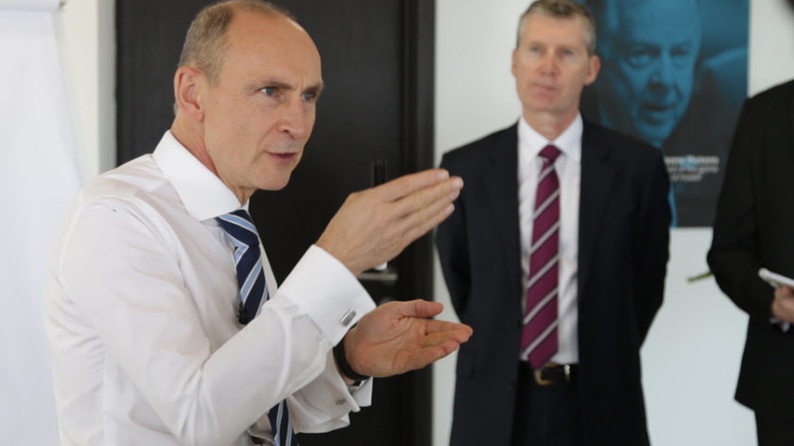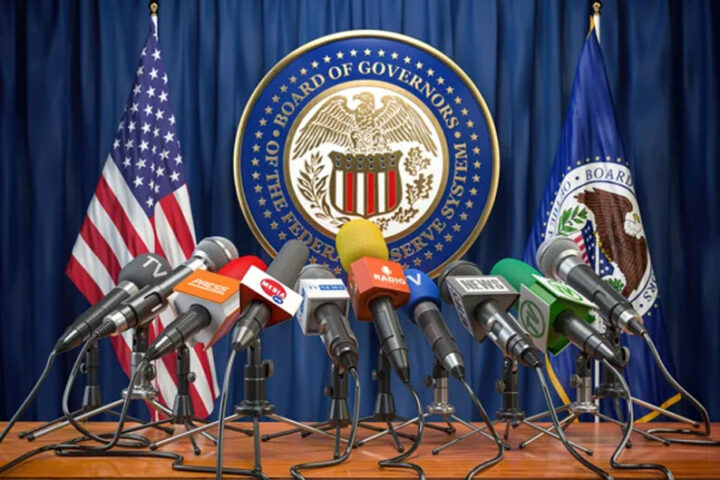The US Consumer Price Index (CPI) was released on Thursday, but it is the core inflation data, not the headline, that investors will be pouring over, said the CEO of a leading independent financial advisory.
The latest CPI shows a monthly increase of 0.2% for July and a 12-month rate of just 3.3%. A year ago, the annual rate was a staggering 8.5%, which was short of the highest level in more than 40 years.
Core CPI, a measure which strips out the volatile food and energy sectors, is at 4.7%.
“Overall, the CPI data is pretty good news, with inflationary pressures substantially easing from their 2022 levels,” said deVere Group’s Nigel Green.
However, there are two main takeaways from Thursday’s inflation report for investors.
“First, core inflation remains sticky – and this is critical to investors,” Green said.
“High core inflation increases costs for businesses, including wages and raw material costs. If businesses struggle to pass these increased costs onto consumers through higher prices, their profit margins become squeezed. This then leads to reduced earnings expectations and consequently impact stock prices.”
“Second, even though the battle to tame inflation is being won, it’s not over yet.
We’re not there
“The Federal Reserve will want to be completely sure that inflation is fully under control and heading back to target before it even thinks about cutting interest rates – and we’re not there currently.”
On Thursday’s CPI data, the deVere CEO now predicts a pause in the Fed’s interest rate hike agenda following the next meeting of the U.S. central bank’s FOMC.
“The officials won’t and can’t say we’re completely done, but they also cannot ignore that the data clearly shows that things are going in the right direction. Therefore, we now expect there to be a pause in September.”
Green added that this is the time for the Fed to stop, not pause, rate hikes.
“The time lag for monetary policies is incredibly lengthy. It takes around 18 months for the full effect of rate hikes to make their way into the economy – and that’s where we are.
“We’re now starting to see the drag effects on the US economy with households and businesses becoming considerably more prudent. In addition, investors are becoming more and more concerned that additional hikes could steer the US economy into a major recession.”
Green concluded that, “despite marginally good news from the data, it is core inflation that remains the major concern for investors.”










